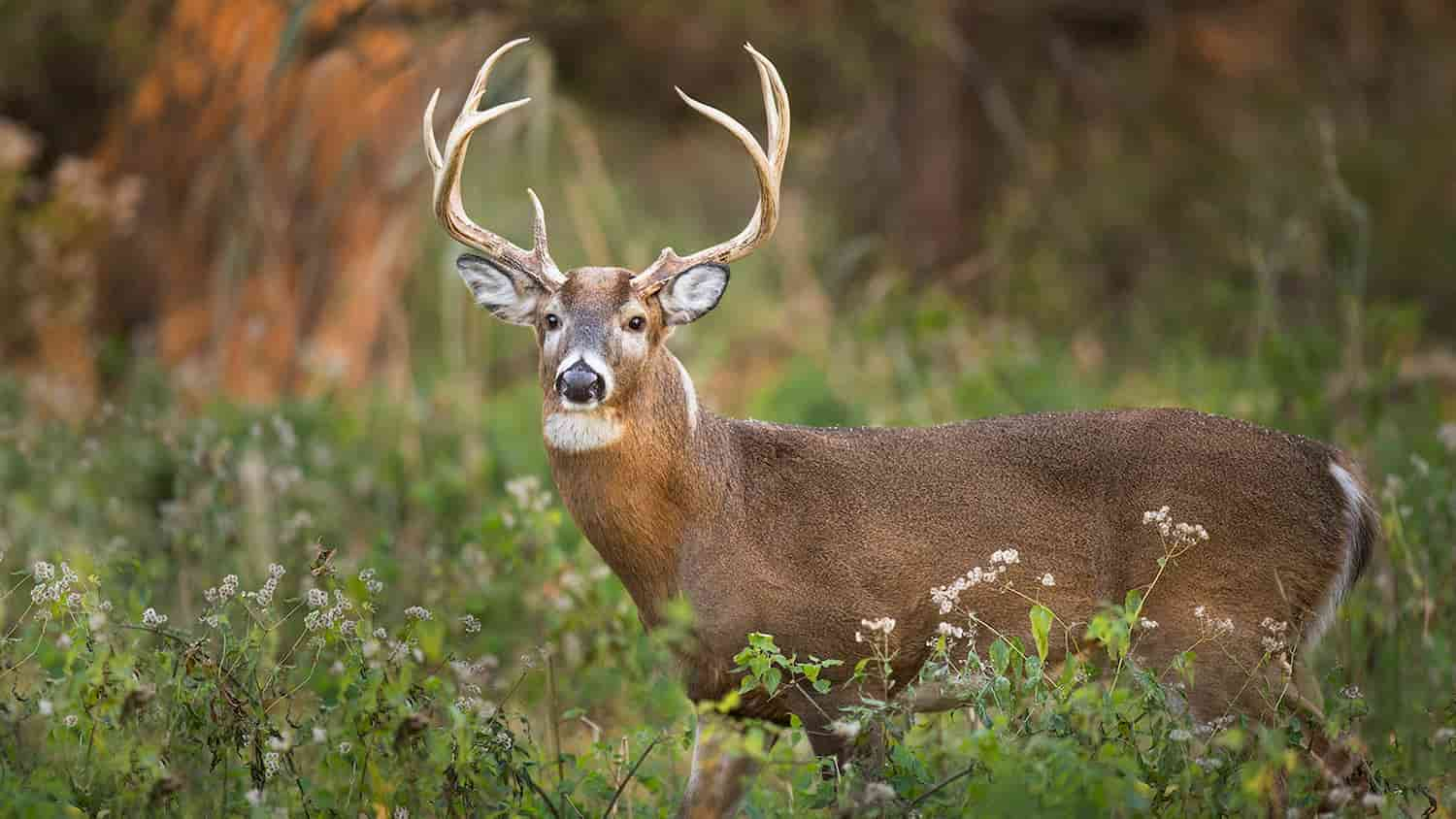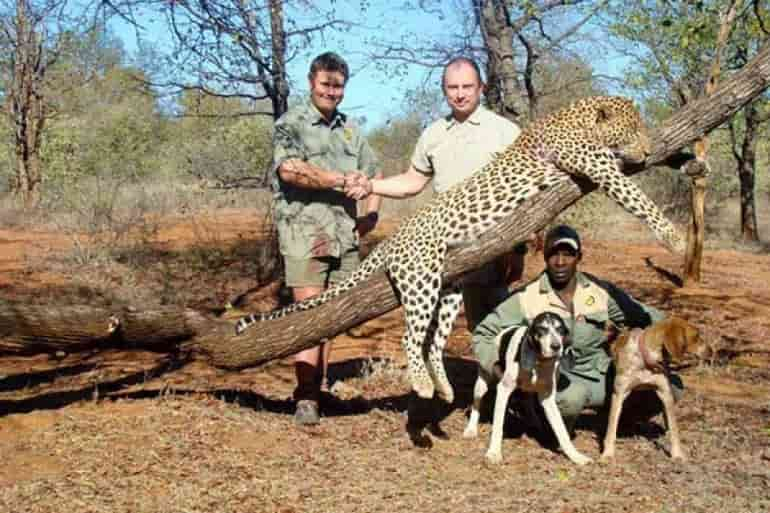The Legality Of Hunting Wild Animals

The history of hunting wild animals for survival is a long and varied one. It is thought that early humans first began hunting animals for food over two million years ago. This activity would have been essential for survival in a world where food was scarce and competition for resources was high. As time went on, hunting became more sophisticated. Humans began to use tools and weapons to help them kill their prey more efficiently. This allowed them to take down larger and more dangerous animals. Hunting also became a social activity. It was a way for people to bond and share knowledge. In many cultures, hunting was (and still is) a major part of the way of life, just like typing in your Woo Casino Login.
Today, hunting is no longer a necessity for survival. Nevertheless, it remains a popular pastime for many people around the world. Some hunt for the challenge, others for the food and still others simply enjoy the outdoors. Whatever the reason, hunting is likely to be a part of human history for many years to come.
The loss of wild species is one of the most pressing environmental concerns of our time. The world’s wildlife is in crisis – and it’s largely our fault. Humans have always hunted animals for food, but in the last century, we have gone from subsistence hunting to large-scale commercial hunting. This has had a devastating effect on wildlife populations. Today, many animals are hunted not for food but for their body parts. This includes animals like rhinos and elephants, which are killed for their horns and tigers, which are killed for their skins. The demand for these products is often driven by traditional medicines and superstitious beliefs.

For example, rhino horns are used in traditional Chinese medicine and tiger parts are used in some Asian countries for their supposed magical properties. The problem is that these practices are not sustainable. Rhinos and elephants are being killed faster than they can reproduce and tigers are already extinct in many parts of their range. Hunting is also taking a toll on other animals, like lions and gorillas, which are often killed as trophies. The International Union for the Conservation of Nature (IUCN) has classified lions as “vulnerable” and gorillas as “critically endangered”.
The legality of hunting wild animals globally can be a complicated and controversial topic. There are a variety of reasons why people may choose to hunt animals, ranging from needing food or pelts to simply enjoying the sport. In some parts of the world, such as Africa, hunting is a deeply ingrained cultural tradition. In other places, such as North America, hunting is often seen as a necessary part of wildlife management. There are several different laws and regulations governing hunting around the world. Some countries, like the United States, have very permissive laws that allow hunting in most areas. Other countries, like Kenya, have much stricter laws that only allow hunting in certain areas and under specific conditions. There are also many international treaties that seek to regulate hunting, such as the Convention on International Trade in Endangered Species of Wild Fauna and Flora (CITES). The legality of hunting can also depend on the species being hunted. In many parts of the world, it is perfectly legal to hunt common game animals like deer or rabbits. However, hunting endangered or protected species is often illegal. This is because hunting can contribute to the decline of these species, and in some cases may even drive them to extinction.
Whether or not hunting is legal in a particular place, it is always important to be respectful of the animals and their habitat. This means following all laws and regulations and taking care to minimize the impact of the hunt on the environment.